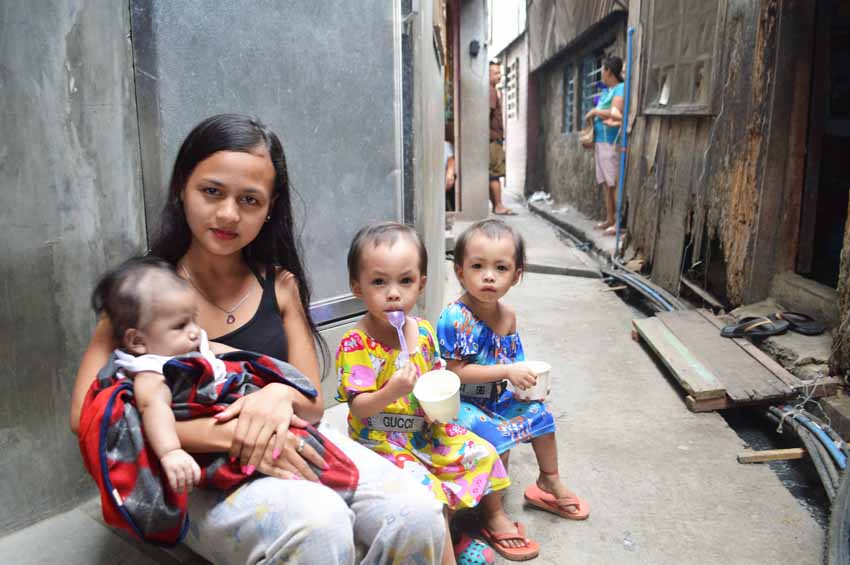
FILE PHOTO (Medel V. Hernani/davaotoday.com)
DAVAO CITY, Philippines — The local government here has created a team that will oversee the implementation of the Responsible Parenthood and the Reproductive Health Law of 2012.
On Tuesday, October 10, City Mayor Sara Duterte-Carpio issues Executive Order 39 creating the City Implementation Team in a bid to “fast-track and oversee the strict implementation” of the RH Law.
Under the EO the team will be chaired by Duterte-Carpio and will ensure the integration of the RH Law in activities of member agencies, provide reports on the status of the implementation of the said law in the city, and come up with recommendation to address the gaps.
The mayor said the creation of the team will ensure the “right of Filipinos to access needed reproductive health care information and services.”
The City Implementation Team is co-chaired by City Health Officer Josephine Villafuerte while City Population Officer Jeff Fuentes is the secretariat head.
The team is also composed of representatives from the Department of Health (DOH), Department of Education (DepEd), Department of Interior and Local Government (DILG) , Civil Society Organization, Brokenshire Women’s Center, Liga ng mga Barangay, City Council Committee Chair on Health, City Social Services and Development Office (CSSDO) and Sangguniang Kabataan.
Challenges
Women advocate Lyda Canson, who sits as a council member for RH Network Davao said they welcome the creation of the team as the implementation of the RH law needs more support.
She said a lot of challenges remain including the lack of greater access to contraceptives and preparedness of teachers to teach sexuality education.
Under the Executive Order No. 12 signed by President Rodrigo Duterte on January 9 directs the Department of Education to implement “gender-sensitive and rights-based comprehensive sexuality education (CSE) in the school curriculum.”
Canson, however, said they observed teachers are still “unprepared.”
Teachers she said should know that sexuality education is “teaching students how to behave responsibly.”
She said access to free contraceptives should reach the far-flung communities who need it the most.
“Contraceptives should be free however it is not enough. The government should subsidize it especially for the poor sector,” she said.
Canson also stressed that the city government team should monitor the distribution of contraceptives and sexuality education “qualitatively and quantitatively.”
Lack of manpower
Fuentes said the lack of manpower limits them to reach all the barangays especially “hard to reach communities.”
He said there is also a lack of political will among barangay captains when it comes to prioritizing RH services.
Barangay leaders would sometimes do not prioritize the use of government vehicles for RH education events.
“It would seem a small issue but it spells out the viewpoints of some barangay captains,” he said in a phone interview.
Church’s opposition
He also said the opposition of the church adds to the burden of encouraging the public to be conscious of their reproductive health.
“Another challenge is the constant opposition of the church which spread disinformation,” he said.
“I would say when you make up stories, it fuels the fear and the apprehension of people to seek service, bombarded pa siya ng myths (and they get bombarded with myths), you will really have a low participation rate,” Fuentes added.
The implementation of the RH law is also “too focused on women.”
For instance, the services of free vasectomy, Fuentes said, is not too popular.
“We want the media, school, and everybody to talk about it, but still the program is slanted in female,” he said.
In 2016, Fuentes said only 72 men got a vasectomy as the women are still those who are expected to get tubal ligation for family planning.
“The number is really getting low as much as the city tries to balance it,” he said.
Fuentes expressed hope that with the new team in place, the city have made clear cut policies to encourage and empower the families to meet their needs for family planning. (davaotoday.com)










